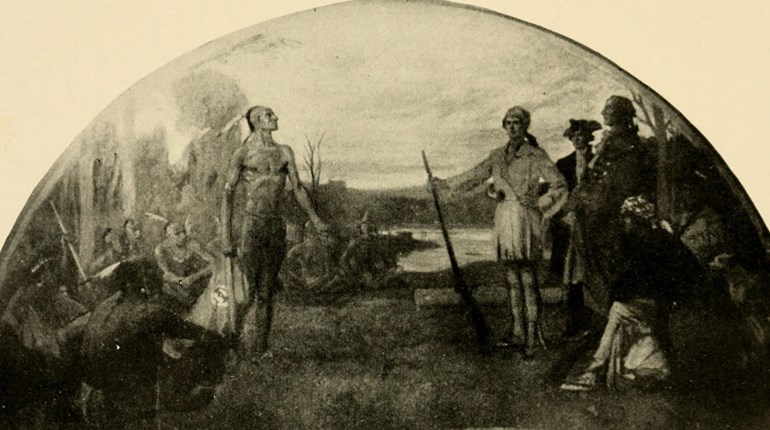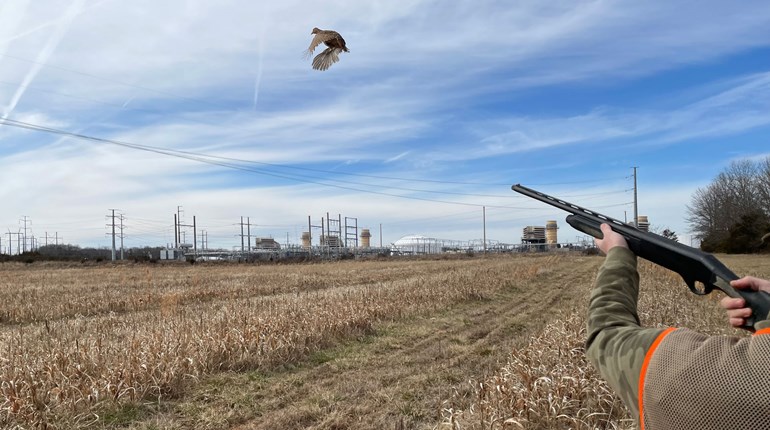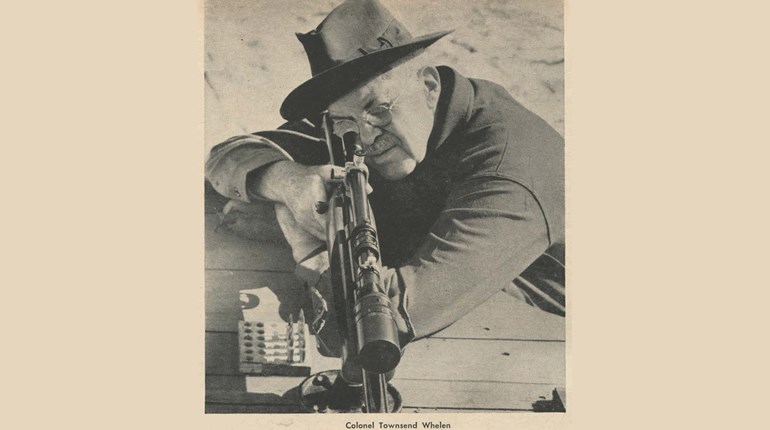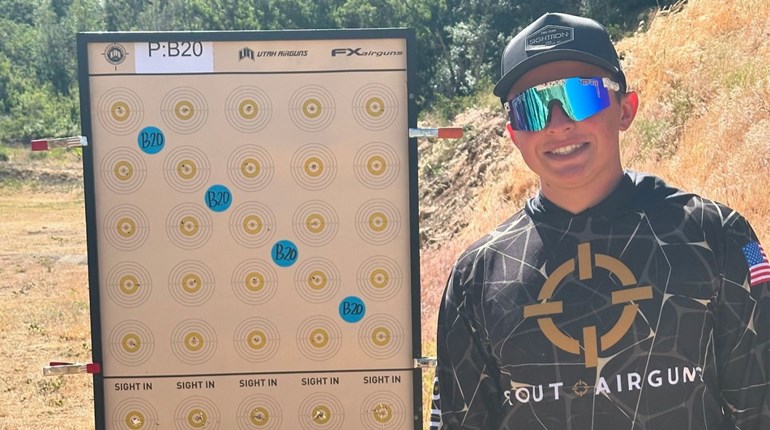
Horace Greeley (1811-1872) was the founder and editor of the New York Tribune, one of the great newspapers of the 1800s; he's best remembered for popularizing the quote, “Go West, young man, and grow up with the country!” But, surprisingly, Greeley was not always keen on the American West.
For years he did not favor western expansion, warning immigrants in his newspaper that travel beyond the Mississippi was “foolhardy, homicide, insanity.” He even predicted that as high as 90 percent of those headed west would die of starvation or be killed by Indians. But as he began receiving letters from those who successfully made the trip, he gradually changed his mind and became an enthusiastic supporter.
His advice to the youth of the United States was also practical, urging them to continue in the footsteps of their parents and grandparents, to remain on eastern farms and continue working in eastern workshops. But, he added this caveat, “If you have no family or friends to aid you, and no prospect opened to you…turn your face to the great West, and there build up a home and fortune.”
Greeley took his own advice in 1859 at the age of 48, making a stagecoach trip across the Great Plains and Rocky Mountains to see the West for himself. His traveling companion was Albert Richardson, a fellow journalist who was covering the frontier for a Boston newspaper.
For Easterners, seeing the American West was the adventure of a lifetime, one they would tell their children and grandchildren about for the rest of their lives. The experience was exhilarating—new sights, new sounds, new people—but often dangerous, too. For instance, during his months-long trip Greeley was involved in no fewer than three stagecoach/wagon crashes.
The first occurred in Colorado Territory when three friendly Cheyenne Indians decided to race their ponies near the lumbering stage. Upon seeing the whooping warriors descending upon them, the mules pulling the stagecoach panicked and bolted, breaking a harness and taking the coach down a steep embankment where it overturned in a cloud of dust.
The driver was able to jump free and none of the passengers was seriously hurt save one—Greeley, who was temporarily trapped inside the coach. Albertson wrote, “From a mass of cushion, carpet-sacks and blankets, soon emerged my companion, his head rising above the vehicle… Blood was flowing profusely from cuts in his cheek, arm and leg; but his face was serene and benignant as a May morning.”
Greeley was taken to the next stagecoach stop along the route and patched up by a kindly woman. Traveling on to Denver, he spent the next two weeks there recovering from his injuries. Upon leaving he described the booming settlement of 150 log cabins, hundreds of frontiersmen (and five women) as a town of, “more brawls, more fights, more pistol shots with criminal intent…than in any community of greater numbers on earth.”
Greeley’s next two mishaps took place at river fords. While crossing the flooded Laramie River in a mail wagon it overturned midstream; Greeley escaped with only a cold dunking. At the Sweetwater crossing, however, he was not as fortunate. He was once again pitched into the water unhurt, but the small trunk in which he carried his newspaper reports and manuscripts was lost. “I would rather have sunk a thousand dollars there,” Greeley lamented.
Overall, Horace Greeley wrote glowingly of his trip west. Upon returning to the East he ran for president in 1872 but was defeated in a landslide by the incumbent Ulysses S. Grant.
A famous contemporary of Greeley’s was Mark Twain (a.k.a. Samuel Clemens), who also took a stagecoach trip West and described the adventure in his 1871 nonfiction travel book Roughing It. He accompanied his older brother who had just been appointed Secretary of the Nevada Territory. Twain intended to stay only a few months, but remained in the West seven years. In classic Twain style he wrote of his brother:
“He was going to travel! I never had been away from home, and that word ‘travel’ had a seductive charm for me. Pretty soon he would be hundreds and hundreds of miles away on the great plains and deserts, and among the mountains of the Far West, and would see buffaloes and Indians, and prairie-dogs, and antelopes, and have all kinds of adventures, and maybe get hanged or scalped, and have ever such a fine time, and write home and tell us about it and be a hero.”
But Mark Twain soon learned that stagecoach travel was not all it was cracked up to be. The stages ran around the clock, during both daylight and dark, in all kinds of weather. And they were often crowded with both passengers and mail sacks, the sacks crashing down upon passengers’ heads when a stage pulled hard uphill or raced downhill.
Stations were spaced every 10 to 12 miles where fresh horses or mules were obtained. The swapping of animals didn’t take long, only four or five minutes, so the stagecoach was again back on the rocky trail before passengers had much of a chance to stretch their legs. A new driver came aboard every 50 to 75 miles.
Occasionally a stage station—usually a low adobe hut with a sod roof and dirt floor—provided passengers a meal, but the fare was often far less than gourmet. Twain remembered one particular station where:
“There was only one cruet [a small condiment container] left, and that was a stopperless, fly-specked, broken-necked thing, with two inches of vinegar in it, and a dozen preserved flies with their heels up and looking sorry they had invested there.
“The station-keeper up-ended a disk of last week’s bread…and carved some slabs from it which were as good as pavement, and tenderer. He sliced off a piece of bacon for each man…condemned army bacon which the United States would not feed to its soldiers in the forts, and the stage had bought it cheap for the sustenance of their passengers and employees.”
Like Greeley, Twain never forgot his experiences in the American West, stories that would later help launch his famed literary career. But by then the era of stagecoach travel was quickly coming to an end.
The “Golden Spike” was driven into the last rail at Promontory Summit, Utah, on May 10, 1869, forever linking East to West by train. Now, instead of taking weeks to cross the western plains and mountains in a dusty stagecoach, the trip could be made in relative comfort in a matter of only a few days by riding what the Indians called the “Iron Horse.”





































